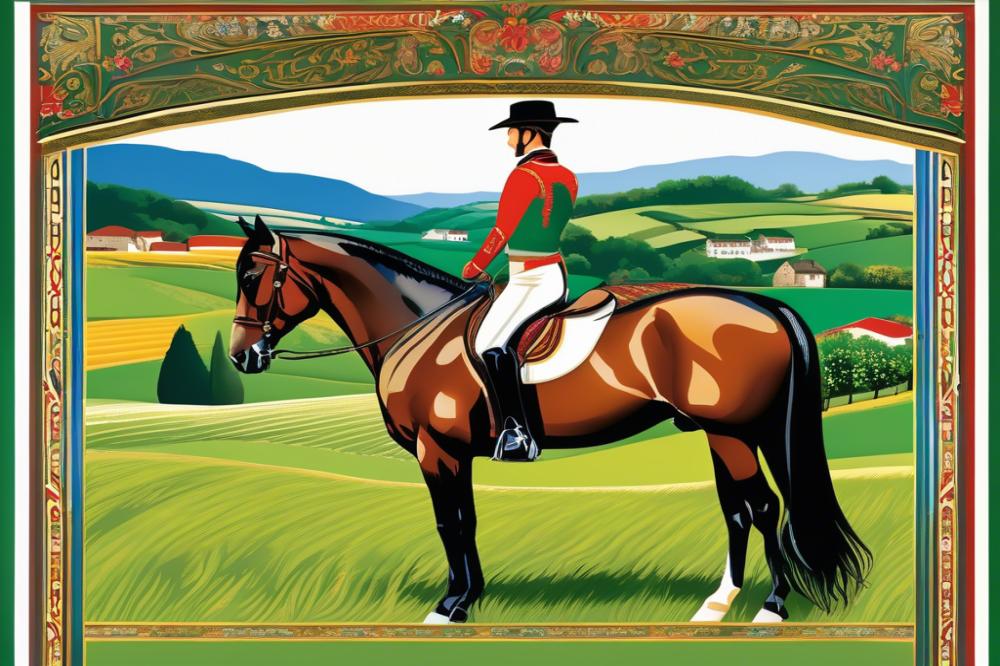The Significance of Horses in the Cultural Heritage of the Basque Region
In the Basque Region, Horses are more than just animals; they are a vital part of the cultural heritage. These creatures have played a significant role in the history and daily life of the Basque people. From traditional farming practices to local fiestas, their presence can be felt everywhere. Riders have long relied on their strength and grace for transportation and agriculture. This bond between humans and these majestic animals has shaped identities and traditions in this vibrant area.
Across many cultures, the importance of such animals is evident. For example, various civilizations have celebrated them in art, literature, and festivals. The relationship between humans and these creatures often symbolizes freedom, strength, and connection to nature. In the Basque Culture, this connection is particularly strong. Traditional festivities often feature horses, showcasing their role in community gatherings and celebrations.
The cultural significance of equines transcends geographical boundaries. Many societies have relied on them for work and companionship. These majestic beings contribute to economic activities, such as agriculture and tourism. Furthermore, they serve as symbols of tradition. Stories and legends surrounding them enrich cultural narratives worldwide, fascinating people of all ages.
Understanding the role of horses is crucial to appreciating how they have shaped the Basque Region’s identity. They are not merely part of history; they are integral to how the community expresses its values and heritage. As we delve deeper into this topic, the lasting legacy of these remarkable animals will continue to shine brightly in the tapestry of Basque life.
Horses in Basque Heritage
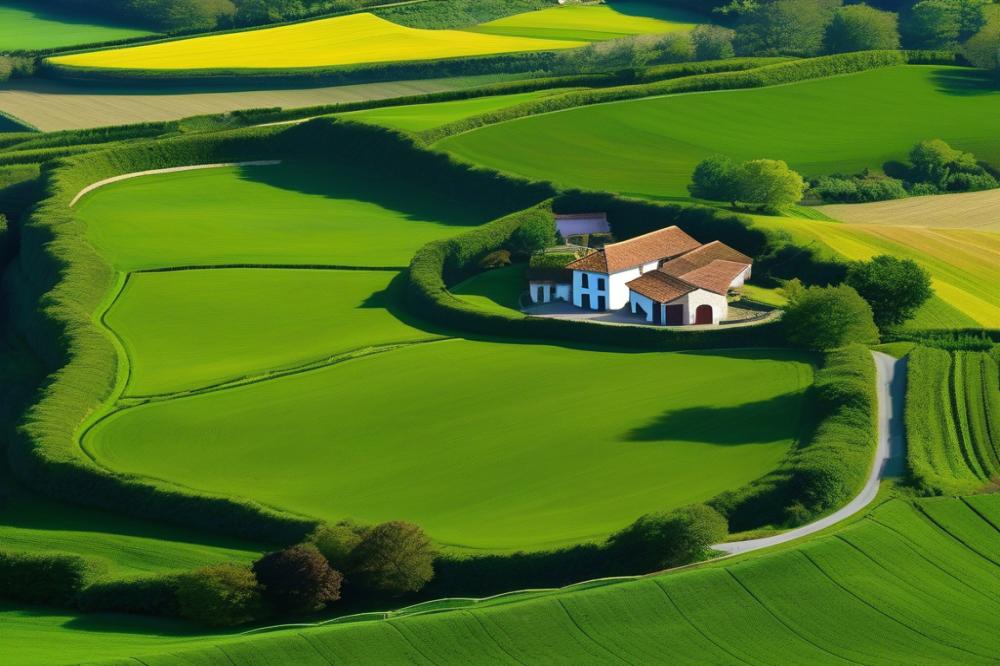
Historical context of horses in the Basque Country
The role of horses in the Basque Country spans centuries. Historical records reveal their significance in the livelihoods of the Basque people. These animals were essential for transportation and agriculture. Farmers relied on them for plowing fields and moving goods. In the rugged terrain of the region, they provided a reliable means of getting around. Moreover, their presence dates back to ancient times, illustrating a long-standing bond between the Basques and these creatures.
As trade and commerce evolved, the importance of equines did not diminish. They became vital in the maritime industry as well. Sailors used horse-drawn carts to transport supplies in port towns. Such connections highlight the diverse ways that human life intertwined with these animals. Cultural events, like festivals and fairs, often celebrated local breeds. This showcases the deep appreciation for their contributions to everyday life.
Connection to Basque identity and community
Strong ties to Equestrian Traditions reflect the broader Basque identity. Communities have developed muscle memories sustained over generations. Local folklore includes tales of heroism linked to riders and their steeds. These stories pass through time, creating a shared cultural narrative.
In modern times, horseback riding remains a popular activity. Many people participate in events centered around this passion. Equestrian clubs foster camaraderie among participants, reinforcing community bonds. Festivals often feature races or competitions, drawing crowds from different areas. Men and women alike take pride in their skills and achievements in these contests.
Traditions surrounding horses foster a sense of belonging. Families often pass this love from one generation to the next. Children grow up learning how to ride and care for these animals. This shared experience strengthens familial ties, linking the past with the present. Overall, the influence of equine life weaves through the social fabric of the Basque region, underscoring its significance in local culture.
Equestrian Traditions
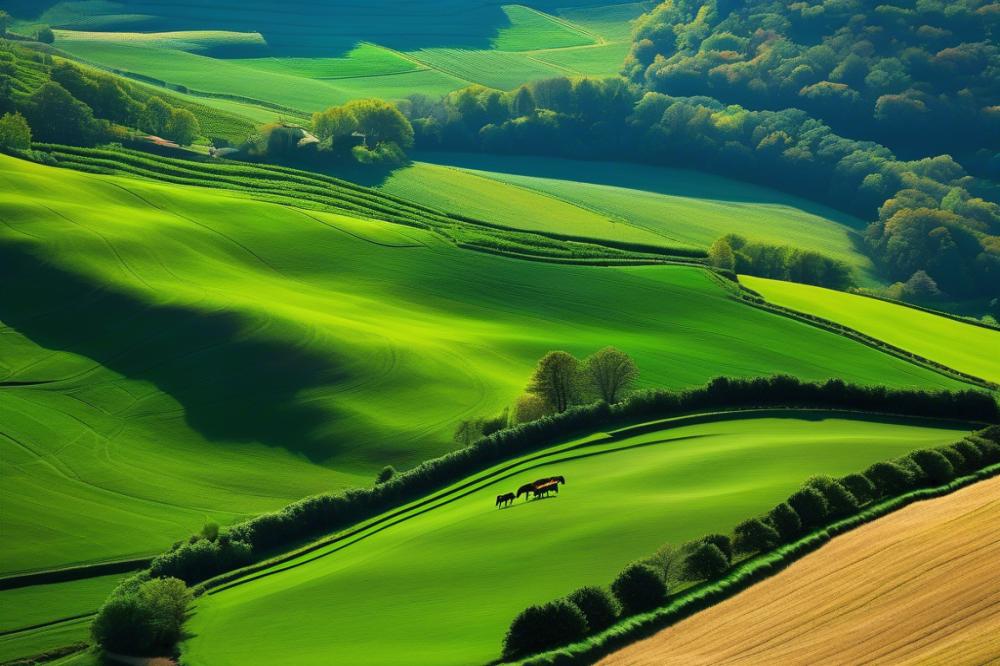
Traditional horseback riding practices
In the Basque region, horseback riding is more than just a sport; it’s a time-honored tradition. Locals have developed distinctive styles that reflect their history and the land. Riders often use traditional saddles and techniques passed down through generations. Competitions can be lively, showcasing skills that blend art and precision. Festivals celebrate these practices, drawing people from various areas. Many families take pride in teaching their children the value of this craft.
Influence on rural life and agricultural activities
The relationship between riding and farming is deep-rooted in Basque Culture. Farms often rely on equestrian skills for daily tasks. Livestock herding becomes much easier with trained animals. Fields benefit from traditional methods that utilize horses. This cooperation between man and beast integrates into the fabric of rural life. Community events frequently highlight this connection, fostering a sense of unity among residents.
Role of horses in daily transportation and labor
In earlier times, transportation relied heavily on these majestic animals. Villagers would travel to nearby markets and festivals using them. The impact of this mode of transport was significant, as it linked remote areas with bustling towns. On farms, these animals played a crucial role in tilling the land or carrying heavy loads. Daily life often revolved around their needs and schedules. Maintaining this partnership was vital for many households.
Folk Tales and Festivals
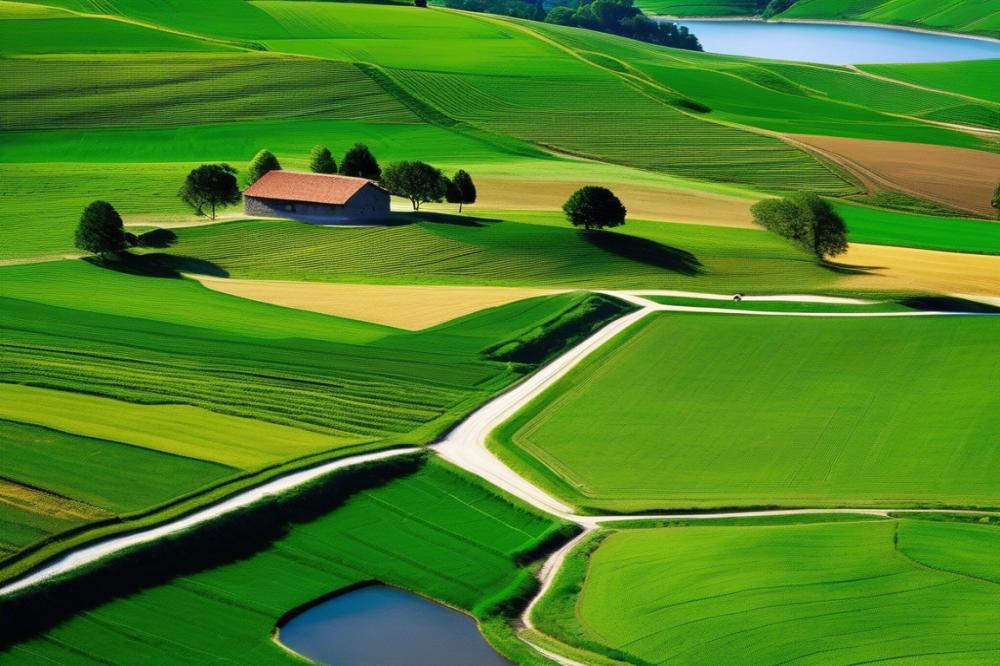
Significance of Horses in Basque Folklore
In Basque folklore, the horse plays a vital role. Many stories depict these animals as noble companions. They often appear alongside heroes and mythical figures. Legends speak of beings like the Basajaun, who roams the mountains with his wise steeds. Through these tales, community values and a deep respect for nature emerge. The horse symbolizes strength, freedom, and the spirit of the Basque people. They are not merely animals; they are cultural icons deeply embedded in local lore.
Cultural Festivals Celebrating Equestrian Traditions
Throughout the region, various cultural festivals highlight equestrian traditions. Local events attract tourists and celebrate community ties. One of these is the “Feria del Caballo,” where equestrian skills take center stage. Competitions showcase riders and their majestic companions. Dancers in traditional attire often perform during these festivals, creating a vibrant atmosphere. Enthusiasts gather to appreciate the beauty and grace of these wonderful animals. Each event offers a unique glimpse into Basque life and history.
Examples of Folk Tales Featuring Horses
Various folk tales illustrate the bond between people and their equine friends. One popular story tells of a brave knight and his loyal steed who embark on a heroic quest. Together, they face challenges that test their courage. Another tale features a mischievous horse that causes trouble in a small village. Yet, in the end, its cleverness saves the day. Each narrative teaches a lesson about bravery, loyalty, and friendship. These stories resonate with both young and old, reinforcing the cultural heritage of the Basque region.
Horse Breeds and Agriculture
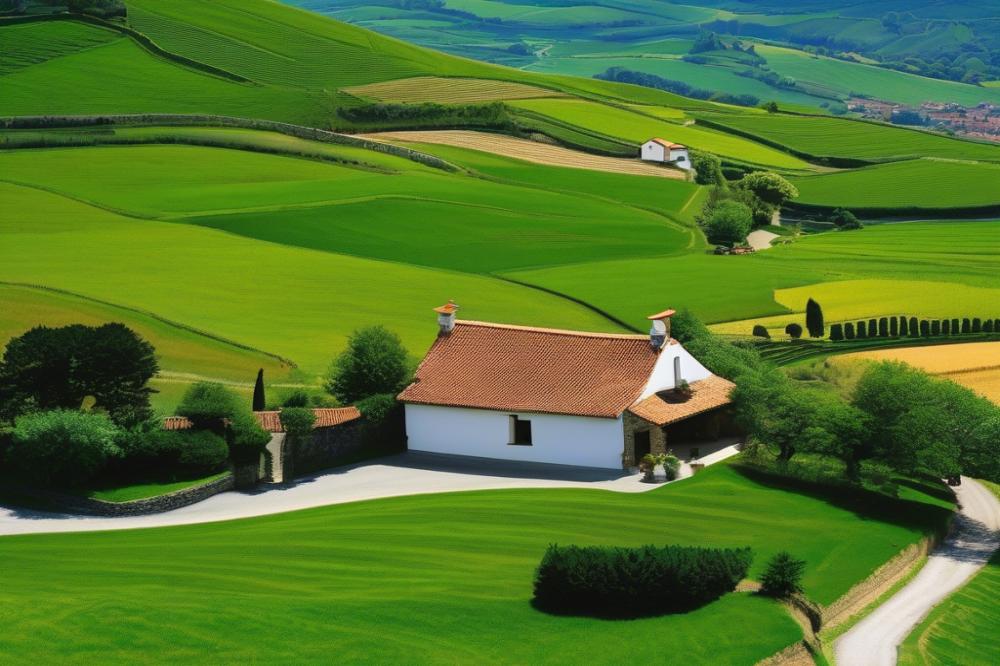
Unique horse breeds native to the Basque Region
The Basque Country is home to several distinct horse breeds that reflect its rich cultural heritage. One notable breed is the Pottok, a small, sturdy horse renowned for its resilience. Found in the mountainous areas, these animals are often used for riding and light draft work. Another breed, the Bizkaiko, is recognized for its strength and versatility, making it suitable for various agricultural tasks. These animals are more than just livestock; they embody the spirit of the region. Their characteristics have adapted over generations, making them well-suited to the local terrain and climate.
Importance of horses in agricultural practices
In rural settlements, these creatures play an essential role in everyday farming activities. They assist farmers in plowing fields, transporting goods, and even herding livestock. Employing them reduces reliance on modern machinery, which can be costly. Additionally, horses bring a level of connection to the land that machinery cannot replicate. Farmers often emphasize the bond developed with these animals throughout the years. That connection fosters a deeper appreciation for sustainable practices. It is not merely about productivity; it is about maintaining traditions that have endured for centuries.
Sustainability and ecological aspects of horse farming
Horse farming in the Basque Region aligns well with sustainable agricultural practices. These animals graze on natural pastures, helping maintain the health of the ecosystem. By consuming local grasses, they contribute to the preservation of biodiversity. Unlike large agricultural machines, their impact on the soil can be less harmful. They compact the earth less, allowing for better drainage and promoting healthier plants. Moreover, the manure produced serves as a natural fertilizer, enriching the soil without harmful chemicals. This balance demonstrates how traditional methods of farming can harmonize with modern ecological standards.
Art and History
Representation of Horses in Basque Art
Various forms of Basque art highlight the significance of these animals. Paintings, sculptures, and traditional carvings often feature them as central figures. Artists have captured their strength and beauty across different periods. In many cases, these creations reflect the bond between humans and nature. This connection runs deep within Basque traditions. Folk art, too, showcases them in vibrant colors and intricate designs. Some pieces tell stories of rural life, emphasizing their role in society.
Influence of Horses on Local Crafts and Artistic Expression
Local craftsmen integrate equine themes into their work. Woodworkers and metal artisans produce items inspired by them. From decorative pieces to practical tools, their presence is felt everywhere. Many craftspeople still use age-old techniques passed down through generations. This keeps the culture alive and thriving. Moreover, textiles often feature designs that depict galloping figures or saddles. Such motifs remind people of the importance of these majestic creatures in everyday life.
Historical Events Involving Horses in Basque History
Key moments in Basque history are intertwined with the presence of these animals. They played crucial roles in agriculture and transportation. In times of conflict, mounted warriors were essential in battles. Not only did they contribute to military efforts, but they also impacted social structures. In the 19th century, the introduction of harness racing took off, drawing crowds and creating local festivals. These events celebrated not just racing, but also community and identity. Over the years, different political movements have also used them as symbols of strength and freedom.
The Legacy of Equine Culture in the Basque Region
Horses hold a significant place in Basque culture. They symbolize strength and grace, serving many roles throughout history. From transportation to agricultural work, their contributions are undeniable. In ancient times, they were not just companions; they were central to everyday life.
The Basque Heritage thrives on stories of these majestic animals. Folklore and traditions often feature them, showcasing their importance in the community. Festivals celebrating Equestrian Traditions further highlight this bond. During these events, riders display their skills, reminding everyone of the deep-rooted connection between people and animals.
As we reflect on their presence, it’s clear that horses are more than mere animals in this region. They are part of an identity that has been passed down through generations. Art and music frequently depict their grace, adding to the region’s cultural depth. Through these expressions, the legacy lives on.
Today, the impact of horses continues to shape Basque life. Many still admire their beauty and functionality. This enduring connection is an essential part of the community’s story. As the Basque region moves forward, these bonds remain a vital aspect of cultural pride.
In conclusion, the significance of these creatures goes beyond their physical attributes. They represent a way of life that has evolved over centuries. The equestrian heritage of the Basque people will likely endure as long as the love for these animals persists.

